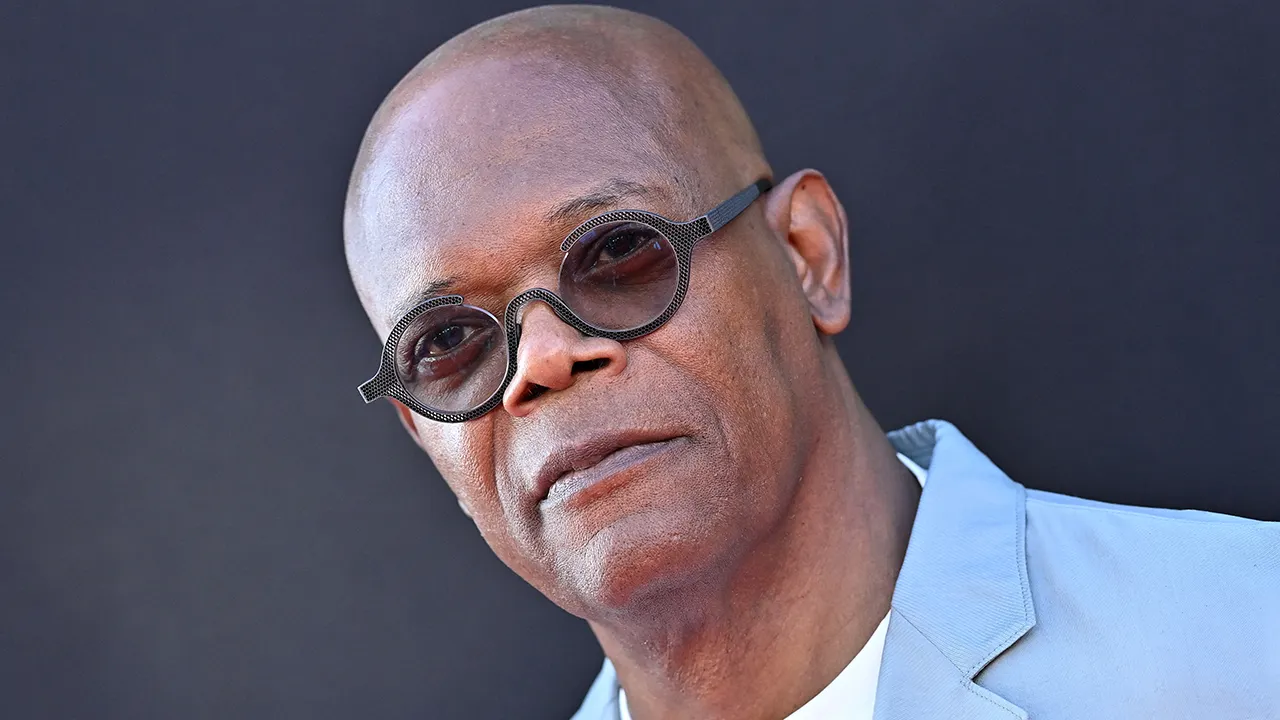In the world of cinema, actors often face decisions that test their personal and professional boundaries. Samuel L. Jackson and Angela Bassett, two revered figures in the industry, have shared their candid views on performing nude scenes, revealing the complex interplay between personal insecurities and societal expectations.

Samuel L. Jackson’s Self-Imposed Boundaries
Samuel L. Jackson, renowned for his powerful performances and charismatic screen presence, has a lesser-known apprehension: appearing nude on camera. Despite his bold persona, Jackson harbors insecurities that have deterred him from such roles. His reservations stem from concerns about his physical appearance, which he candidly discussed during an appearance on “The Howard Stern Show” in 2016.
He expressed uncertainty about his body being “formidable enough” to bare all on screen, a vulnerability not often associated with the actor known for his assertive characters.
This hesitation is not unique to Jackson but reflects a broader discomfort found among many actors who grapple with the vulnerability required for nude scenes. Jackson’s decision to avoid nudity is a personal boundary that prioritizes his comfort and the perception he wishes to maintain among his audience.

Angela Bassett’s Stand Against Stereotypes
While Jackson’s concerns are rooted in personal insecurities, Angela Bassett’s reasons for declining nude scenes are profoundly tied to her principles and the portrayal of black women in Hollywood. Bassett, a powerful actress known for her dignified roles, has been vocal about her decision to steer clear of parts that do not align with her values. In an interview with Newsweek, she elaborated on her decision to reject the lead role in “Monster’s Ball,” a part that later earned Halle Berry an Oscar.
Bassett refused the role because it stereotyped black women in a manner she found unacceptable, emphasizing that it was about “character” and not wanting to perpetuate certain stereotypes about black women’s sexuality.
Her stance highlights the challenges actors face when choosing roles that might perpetuate harmful stereotypes. Bassett’s choice underscores a commitment to integrity and a desire to influence how black women are perceived in the media. Her decision was not just about personal comfort but about a broader impact on representation in Hollywood.

Reflecting on Choices and Their Impact
The choices made by Jackson and Bassett shed light on the personal and societal factors influencing actors’ decisions regarding nude scenes. While Hollywood has evolved to become more accepting of on-screen nudity, the decision to participate remains deeply personal and can be influenced by a variety of factors including personal insecurities, professional image, and ethical considerations.
Both actors, in adhering to their principles, remind us that behind the glitz and glamour of Hollywood, there are real and often difficult choices that actors must make. Their decisions reflect their commitment to maintaining a professional image that respects their personal boundaries and societal implications.
In discussing these topics openly, Jackson and Bassett not only highlight their own boundaries but also contribute to a broader conversation about body image, privacy, and representation in Hollywood. Their stories encourage a more nuanced understanding of the pressures and ethical dilemmas facing those in the limelight and inspire others in the industry to prioritize personal integrity over professional demands.
